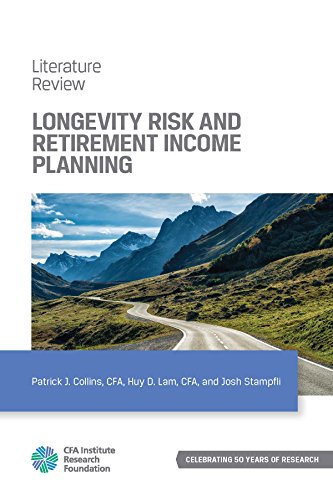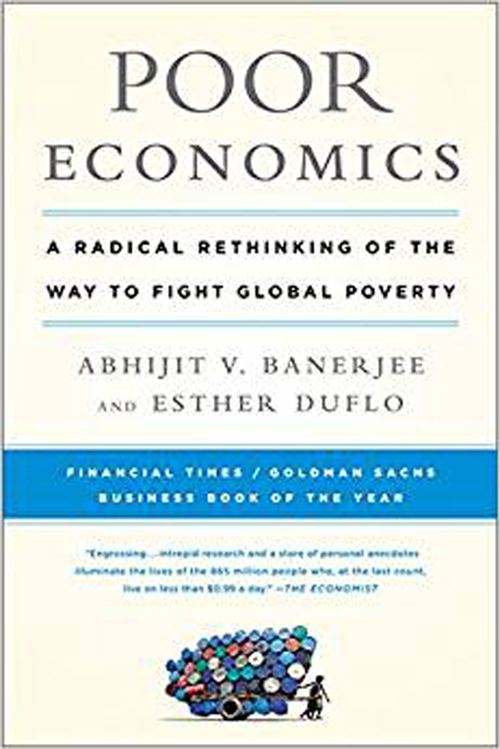Longevity Risk and Retirement Income Planning
By Patrick J. Collins, Huy D. Lam, Josh Stampfli The past 50 years have seen an abundance of research on retirement planning and longevity risk. Reviewed here is the academic side of the research and its varied viewpoints and nuances. The evolution of retirement risk models, retirement portfolio problems and solutions, and annuities are some of the many topics covered. Get the book here









